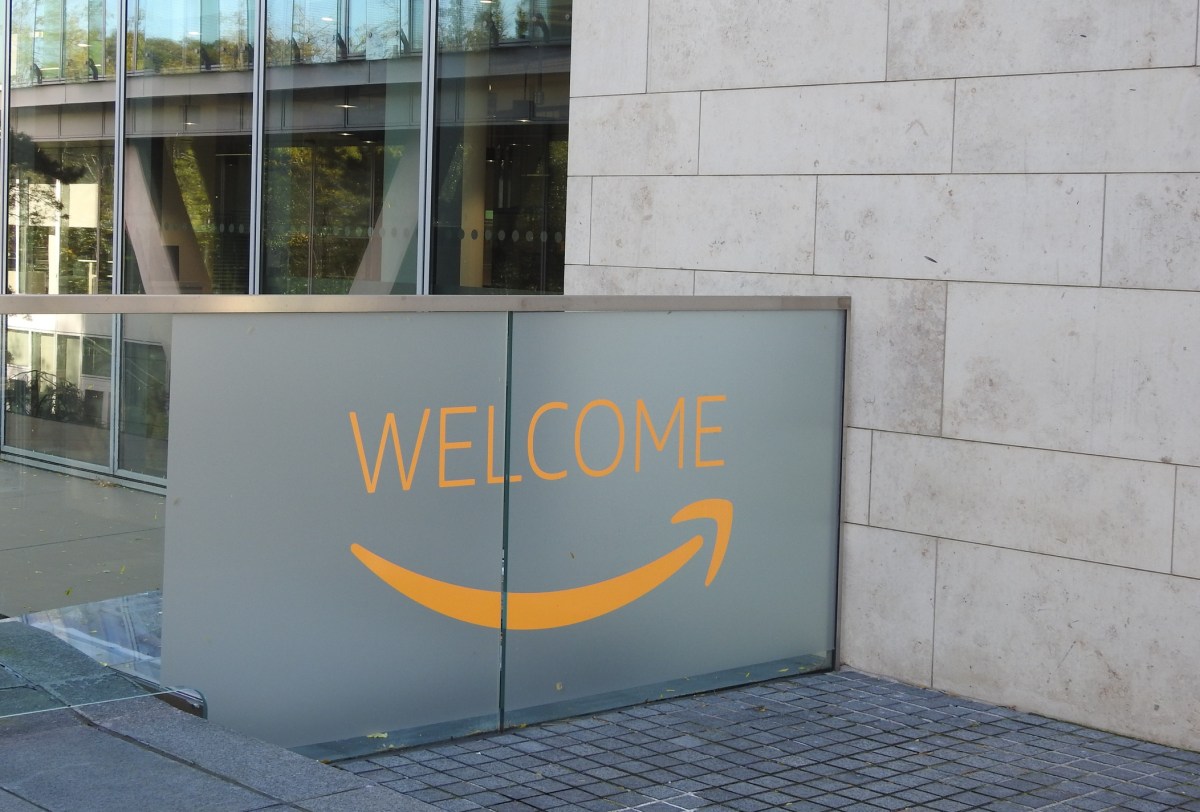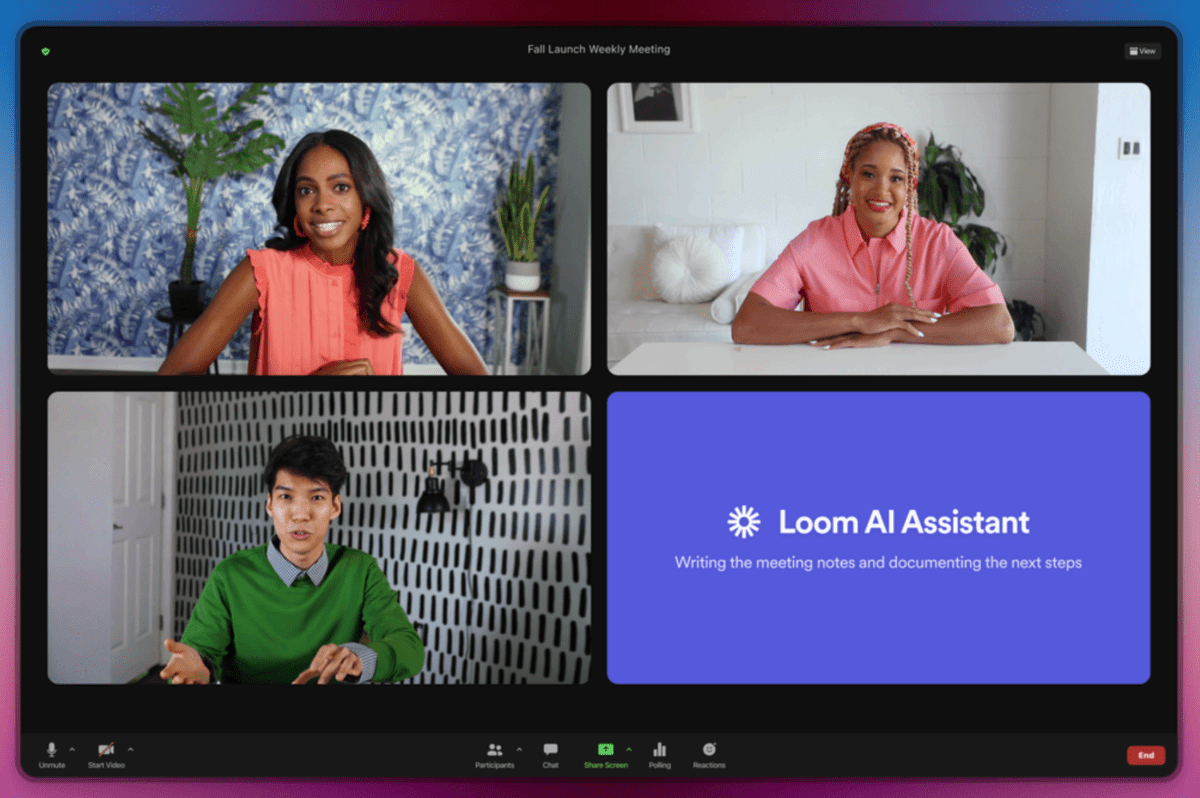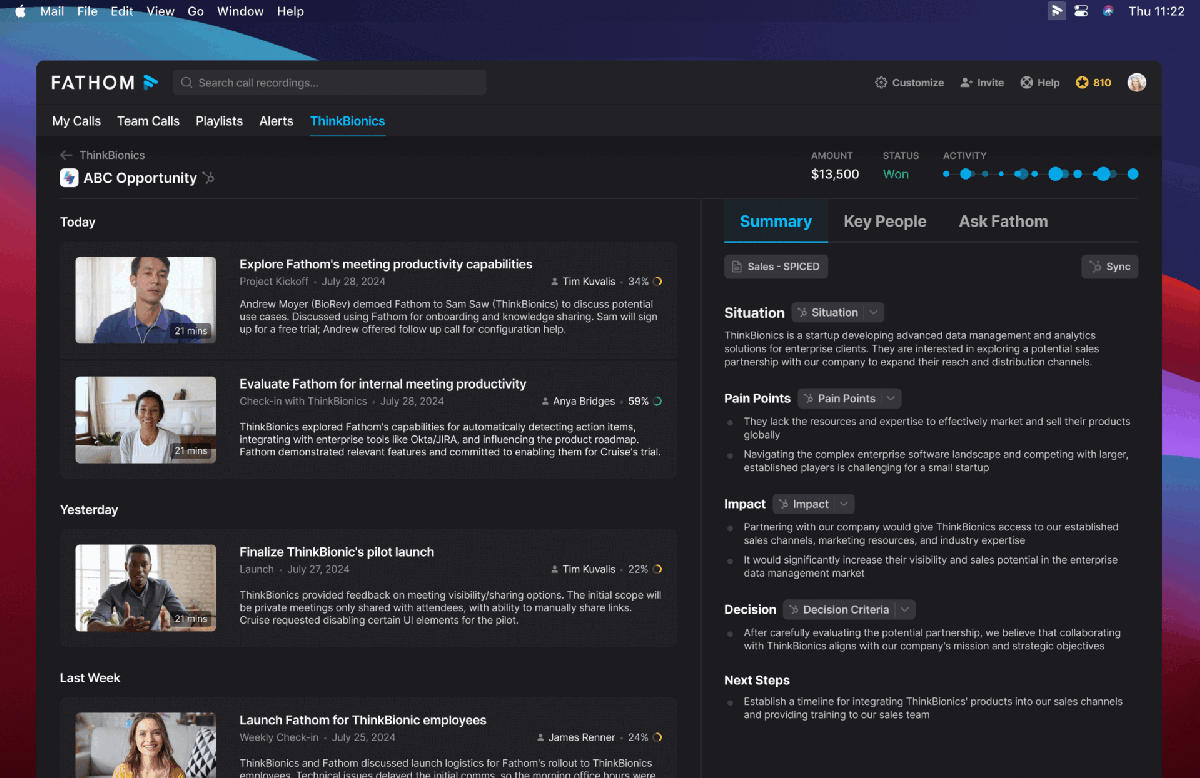🪧 Pressed words

I don't think anyone outside of Matt Mullenweg had the recent WordPress/WP Engine drama on their bingo card for this year. After a bit of early confusion, I think it's now clear that this is, in many ways, an extension of the open source discussions we've had in the enterprise world over the last few years. Mullenweg/Automattic is unhappy that WP Engine is profiting from the open source WordPress platform and not giving back enough. So he asked them to pay a licensing fee or "make in-kind contributions to the open source project."
We've seen this play before, typically around AWS commercializing an open source project that is also backed by a commercial entity (which, to be clear, they have the legal right to do). In the enterprise world, the remedy has been licensing changes that specifically prevent the large clouds from offering hosted services based on specific open source projects.
Typically, most people would sympathize with Mullenweg here, but he didn't help himself by first arguing this whole spat had something to do with how WP Engine manages revisions in the editor when this was very much about money.
All of this, of course, is complicated by the fact that Mullenweg isn't simply the benevolent overlord of open source WordPress. He is a director of the WordPress Foundation and also runs Automattic, which offers its own commercial WordPress hosting service that competes with WP Engine. So when WordPress.org cut off access to vital community repositories to WP Engine users (it has since restored it), it's hard to see that as purely a discussion about open source values.
What a mess.

The Largo Embargo

I wrote a short post on LinkedIn a few weeks ago about founders who ping reporters with news that is already a few weeks old. It's no secret that I have a tendency to make fun of bad PR pitches (I think all journalists do – and it's only fair for PR to push back sometimes), but many founders genuinely don't know how embargoes work. Sadly, quite a few PR professionals don't either, or I wouldn't have an inbox full of embargoes that I never accepted.
So let's do a quick Embargo 101:
The general idea here is that you share information with one or more journalists before it becomes public. You set the embargo date and time for when that information can be published. Some writers may push for an exclusive when you reach out to them, which may be worth considering.
Here is the process for that: you ping the writer with a vague outline of the news and ask if they will accept the embargo ("Hey, we have some financial news/product release/etc. coming up. Would love to share it with you. Can you accept the embargo of October 4 at 7am PT?").
This part is key: you can't just send someone an email with your press release and say it is under embargo.
This is a two-way street: unless the writer has accepted the embargo, they are not under embargo! If the journalist didn't accept it, they are free to write at any time.
All of this works under the honor system. We're not VCs. If you ask for an NDA, don't expect to ever hear back.
It's worth noting that some writers simply don't work with embargoes. I don't mind them. The advantage is that the writers have time to look at your news, set up interviews, ask questions, and spend a bit more time analyzing it.
My workflow is simple: accept the embargo, set up an interview, write. The vast majority of my stories are based on what we talk about in that interview.
One more thing to note: there are no guarantees. A journalist may accept an embargo and not write about your company.
Fun things I wrote about:
United's new Wi-Fi deal: last week, I had a good chat with the Chief Customer Officer of United Airlines, Linda Jojo, after the company announced its plans to replace its current Wi-Fi providers with Elon Musk's Starlink.

AWS bringing OpenSearch to the Linux Foundation: talk about open source drama... Back in 2021, AWS forked Elasticsearch after the company behind the open source project changed its license to explicitly disallow the large cloud providers – and most specifically AWS – from using its code to power their own hosted Elasticsearch services.
Now, AWS is launching the OpenSearch Foundation under the Linux Foundation umbrella. As it turns out, OpenSearch became far more popular than even AWS expected and there is now enough of a community to finance a foundation and keep the project going independently. And as is the case with many similar projects, being so closely related to a single company is also likely holding others back from contributing. You're not likely to see Walmart, for example, contributing to an AWS project.

Meeting bots: I also wrote about two AI meeting bots in recent weeks, courtesy of Fathom raising $17 million and Atlassian acquiring Rewatch to improve the Loom video messaging tool it acquired last year. Atlassian's strategy is to use meetings as another data source for its larger AI initiative, which makes a lot of sense given that this will help augment data from Confluence wikis and Jira. Loom AI could, for example, automatically generate a Jira issue based on what is discussed in a meeting.

In my discussion with Fathom co-founder and CEO Richard White, we talked about the same idea: meeting transcripts are underused and undervalued right now, but once the AI tools are smart enough, they can use those transcripts to help employees with a lot of the busy works that comes after a meeting, be that writing up action items or updating an issue tracker.

Everybody loves Postgres: Supabase raised an $80 million Series C for its Postgres-centric Firebase alternative.










